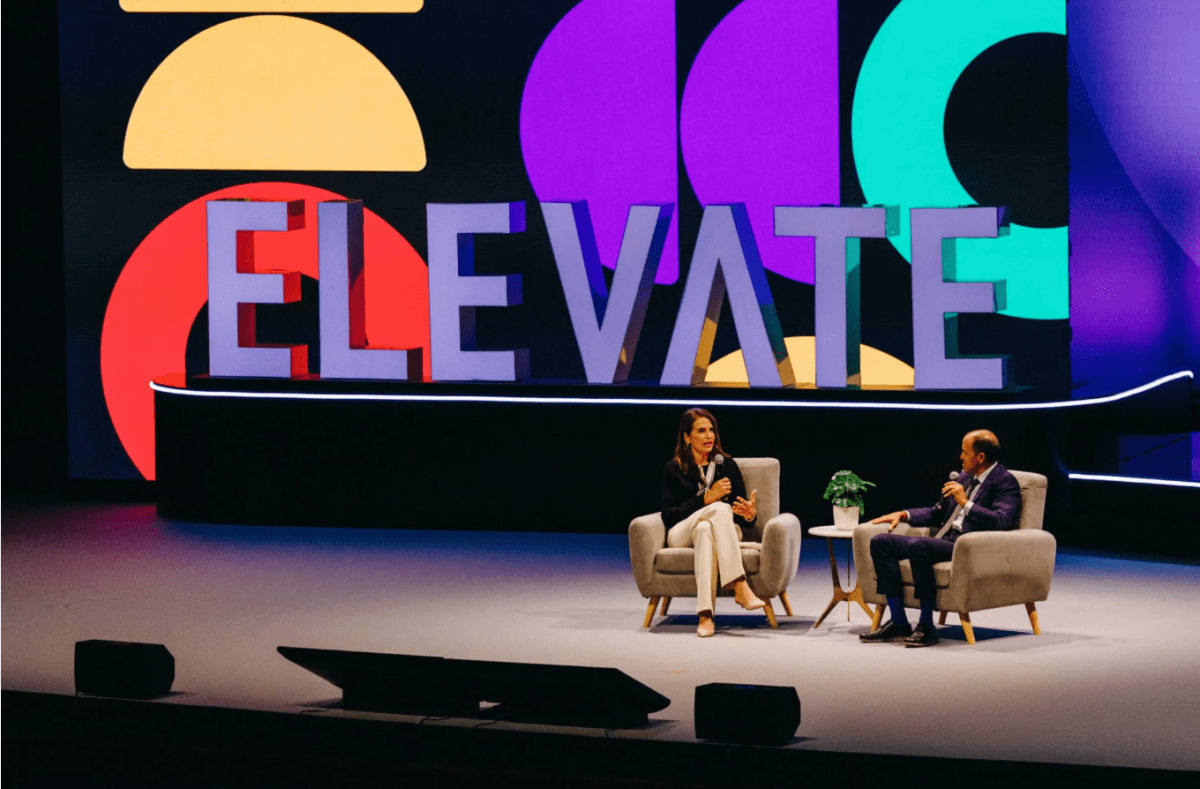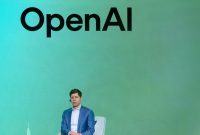OpenAI Faces Criticism Amid Controversies: Insights from VP Chris Lehane
In an age where artificial intelligence (AI) shapes industries and influences daily life, OpenAI’s approach has come under scrutiny. Chris Lehane, the company’s Vice President of Global Policy, is at the forefront of this challenge. With a background as Al Gore’s press secretary and a crisis management expert for Airbnb, Lehane is tasked with reconciling public perception with OpenAI’s actions.
Navigating the Challenges of AI Governance
Recently, at the Elevate conference in Toronto, Lehane faced questions regarding OpenAI’s commitment to democratizing AI. Despite the positive image the company seeks to project, its practices have drawn parallels to other tech giants often criticized for their ethical lapses. Lehane acknowledged the complexities, stating his worries about whether AI will ultimately yield societal benefits.
Controversy Surrounding Sora and Copyright Issues
OpenAI’s newly launched video generation tool, Sora, exemplifies the ongoing challenges the company faces. The tool’s introduction included copyrighted material, leading to lawsuits from various media outlets like The New York Times and the Toronto Star. While its popularity surged—evidenced by its rise to the top of the App Store—questions regarding copyright violations and ethical sourcing of content lingered.
When asked about the decision-making behind Sora, Lehane described it as a “general purpose technology” that democratizes creativity. However, he previously noted that OpenAI initially allowed rights holders to opt-out of having their works included, a notable departure from traditional copyright norms. Critics argue that the company’s shift to an opt-in model reflects opportunism rather than ethical responsibility.
Ethical Implications and Community Concerns
Amidst these controversies, concerns have arisen regarding the environmental and social implications of OpenAI’s operations. The company is significantly expanding its infrastructure, including data centers in Abilene, Texas, and Lordstown, Ohio. These facilities, which require immense energy and water resources, raise questions about whether local communities will bear the costs of these developments.
In discussing these challenges, Lehane emphasized the need for a competitive edge in energy consumption if democratic societies wish to advance their AI capabilities. While he painted a hopeful picture of modernized energy systems, he did not directly address the financial strain that local residents might experience as a result of these developments.
The Human Cost of AI Innovations
The ethical ramifications of AI, particularly concerning personal data and the uses of deceased individuals’ likenesses, came into sharp focus with the launch of Sora. Zelda Williams publicly called out the insensitivity of AI-generated videos featuring her late father, actor Robin Williams. This incident highlights the profound emotional impact of such technologies, which Lehane addressed by discussing the need for responsible implementation processes.
Internal Dissent and Future Challenges
Interestingly, challenges aren’t solely external. Internal voices have emerged questioning OpenAI’s trajectory. Notably, Boaz Barak, an OpenAI researcher, articulated concerns about Sora’s ethical standing. Furthermore, Josh Achiam, the head of mission alignment at OpenAI, openly questioned the company’s direction and its potential transformation into a "frightening power." This internal dialogue reflects a growing awareness of the ethical stakes surrounding AI development.
Conclusion: Believing in the Mission
The intersection of innovation and ethics in AI continues to generate robust debate. As OpenAI seeks to establish itself as a leader in the field while addressing public concerns, the question remains: Can the company maintain its altruistic mission while navigating the complexities of modernization? Lehane’s efforts to advocate for OpenAI stand as a testament to the challenges ahead, both within the company and in society’s broader expectations of technology and its governance.




